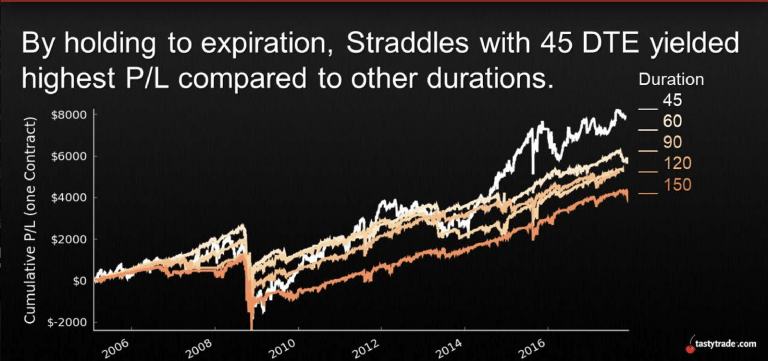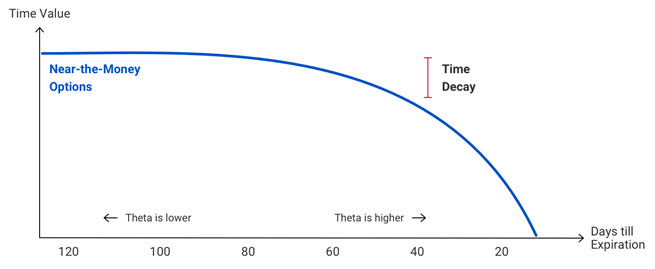
Image: luckboxmagazine.com
Are you struggling to understand what theta is and how it affects your options trading? Don’t worry, you’re not alone. Theta is a Greek letter that measures the rate of decay of an option’s time value. In simple terms, it represents how quickly an option loses value as it gets closer to its expiration date. When theta is negative, it means that your option is losing value even if the underlying asset’s price remains the same. This can be a frustrating experience, especially if you’re new to options trading.
Understanding Theta
Before we dive into what to do when theta is negative, let’s first make sure we understand what theta is. Theta is a measure of time decay, which means it measures how much an option loses value as it gets closer to expiration. The greater the time decay, the faster the option loses value.
Time decay is caused by two factors:
- The passage of time: As an option gets closer to expiration, there is less time for the underlying asset’s price to move in your favor. This means that the option is less likely to be profitable, and therefore loses value.
- The volatility of the underlying asset: The more volatile the underlying asset, the greater the time decay. This is because a volatile asset is more likely to experience large price swings, which can make an option more or less valuable.
What to Do When Theta Is Negative
Now that we understand what theta is, let’s talk about what to do when theta is negative. There are a few different things you can do to mitigate the effects of time decay:
- Sell your option: If you’re concerned about time decay, the best thing to do is to sell your option before it expires. This will lock in any profits you’ve made, and it will prevent you from losing any more money.
- Buy a longer-dated option: If you’re not ready to sell your option, you can buy a longer-dated option. This will give you more time to profit from the underlying asset’s price movement.
- Use a covered call strategy: A covered call strategy involves selling a call option against a stock that you own. This strategy can help you to offset the time decay on your long option.
- Use a cash-secured put strategy: A cash-secured put strategy involves selling a put option against cash that you have in your account. This strategy can help you to generate income while you wait for the underlying asset’s price to move in your favor.
Conclusion
Theta is a Greek letter that measures the rate of decay of an option’s time value. When theta is negative, it means that your option is losing value even if the underlying asset’s price remains the same. This can be a frustrating experience, but there are a few things you can do to mitigate the effects of time decay. By understanding what theta is and how it affects your options trading, you can make more informed decisions and improve your chances of success.

Image: mac.x0.com
What To Do When Theta Is Negative Options Trading

Image: www.youtube.com






